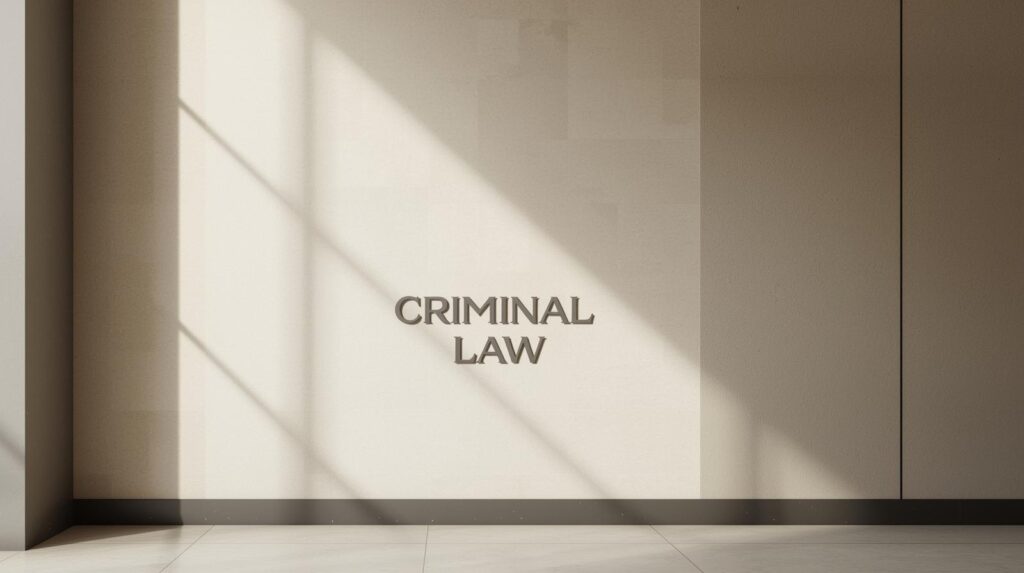Here’s the blunt truth: if you’re in the UAE, you’re under UAE criminal law—citizen or expat, same rules, same penalties. That’s it.
Why this matters now
The UAE’s Crimes and Penalties Law (Decree-Law No. 31 of 2021) applies broadly to any person within the country. Practically, that means identical definitions of crimes and punishments for citizens, residents, and visitors. The government’s own legislation portal confirms the scope and structure of this law, which underpins criminal liability and procedure today.
At the same time, Dubai introduced a new judicial committee in 2025 to review deportation and travel-ban orders—giving judges more tools to suspend, cancel, or sequence enforcement. Multiple reputable legal updates and databases document this change and its powers.
What stays the same (for expats and citizens)
- Uniform criminal code: Same offenses, same sentencing ranges.
- Court process: Presumption of innocence and due process under federal law.
- Core penalties: Fines, imprisonment (short-term to life), and—in rare, grave cases—capital punishment.
What’s different for expats (the real-life impact)
- Deportation risk: Courts have long had authority to order deportation for foreign nationals alongside criminal sentences (historically grounded in Penal Code Article 121 and carried forward through legislative updates).
- Residency fallout: A conviction can trigger visa cancellation and long re-entry bans.
- Administrative deportation: Beyond court orders, immigration authorities (ICP/GDRFA) can issue removal on public-interest grounds—even outside a criminal case. The UAE’s official portal explains the two tracks: legal (court-ordered) vs administrative (authority-ordered).
- 2025 in Dubai: A new Judicial Committee/Tribunal can now suspend deportation (even indefinitely), cancel travel bans, or allow temporary release with guarantees—material relief if you need time to settle debts, hand over a business, or manage family logistics.
What I keep seeing in expat cases
Honestly, the legal standard is clear; the confusion comes from process. People assume a fine ends the story. It doesn’t—deportation can be a separate, later step, either judicial or administrative. And since early 2025, people with both a deportation order and a travel ban in Dubai now have a formal path to ask for suspension or coordination through the committee.
If you’re charged—or fear deportation—do this next
- Get counsel immediately. Timelines move fast; appeals and committee petitions are deadline-sensitive. (Several UAE firms emphasize filing quickly for the new Dubai committee.)
- Check which track you’re on. Is it court-ordered deportation tied to a sentence, or administrative action by ICP/GDRFA? Your strategy differs.
- If in Dubai, evaluate a committee petition. Seek suspension or staged enforcement (e.g., time to settle liabilities) with supporting evidence: employment, dependents, medical needs, creditor agreements.
- Resolve civil exposure. Criminal matters can trigger civil claims. Proactively settle or secure payment plans; it strengthens your case for relief. (The committee weighs public vs. private interests.)
- Mind visa status—every day counts. Overstays, unpermitted work, or documentation gaps can flip into administrative removal and bans. Official guidance makes clear: avoid lapses.
Quick answers to common expat questions
- “Are expats judged differently?” No—the criminal law applies equally. Key differences show up in immigration consequences (deportation, bans).
- “Can deportation be avoided?” In some cases, yes—especially in Dubai post-2025, where the committee can suspend or coordinate orders. It’s discretionary and evidence-driven.
- “Who orders administrative deportation?” ICP/GDRFA, separate from the courts, based on public-interest considerations.
Takeaway
You play by the same criminal rulebook as citizens—but with extra immigration stakes. If trouble surfaces, move fast, document everything, and use the 2025 Dubai review mechanism where applicable. Equal criminal law. Different consequences. Act accordingly.
